Bulletin #53: Rethinking health priorities

This fortnight
More than 4,000 delegates will participate in the 17th National Health Conference in Brasília from July 2 to 5. They will discuss strategies for strengthening the Unified Health System (SUS). President Lula and Health Minister Nísia Trindade will be in attendance, working together with the delegates to develop a plan for public health as the SUS recovers from the consequences of Jair Bolsonaro's administration.
Meanwhile, governments in high-income countries face the consequences of their austerity policies. These policies have led to a shortage of health workers, creating medical deserts in parts of Europe and North America. Some governments are slowly increasing training plans for health workers but overlook the importance of improving working conditions to retain existing workers.
The British government recently announced a long-term plan to strengthen the health workforce. However, health workers' organizations denounced it for ignoring the grievances raised by nurses, ambulance drivers, junior doctors, and other workers in recent months. Nurses in Austin, Texas, organized a strike with similar demands as their counterparts in England. We have a photo gallery showcasing their actions.
While governments in high-income countries hesitate to allocate sufficient resources to public health systems, they have funneled billions of dollars into private health companies through institutions like the European Investment Bank. As warned by health activists and a new report by Oxfam, these investments benefit institutions known to imprison patients unable to pay medical bills and price essential procedures beyond patients' means.
Misplaced priorities among health and public officials in high-income countries not only affect the lives and health of people in the Global South but also the lives of the people who voted them into power. In the United Kingdom, the failure to address the ongoing cost of living crisis, particularly food inflation, has resulted in a significant decline in child health and nutritional quality, with potential long-term consequences.
In the meantime, in Ghana, women are mobilizing against heavy taxation on menstrual hygiene products, which is adding to the burden faced by women and girls during the country's worst economic crisis in a generation. We provide more information in a video.
In Martinique, a popular movement is fighting for justice from the French state after decades of exposure to chlordecone poisoning. We have a report on their struggle, and the recent success of passing a historic resolution on the health of Indigenous peoples at the World Health Assembly, in Spanish.
In focus
Over 4.000 delegates gather to discuss future of Brazil’s iconic health system
Brazil’s 17th National Health Conference will be a crucial space for defending the project of strengthening the public health system, which is constantly under threat

Featured articles
Private health companies prosper while healthcare access stagnates
A new report by Oxfam shows how investments made by development finance institutions from the Global North benefit private health companies rather than people in need of health care

Child nutrition in shambles: how the cost of living crisis is hurting child health in the UK
A new series of reports show the devastating effects the cost of living crisis is having on child nutrition in Britain

Ghanaian activists reject high taxes on menstrual products in struggle to “bleed with dignity”
On June 22, Ghanaian activists will take to the streets for the “Don’t Tax My Period” march which is being organized by the women’s wing of the Socialist Movement of Ghana and allied organizations. The mobilization takes place as anger builds over the heavy taxation of menstrual hygiene products

UK government’s long-term health workforce plan fails to address existing grievances
Rishi Sunak’s government has announced a ‘historic’ plan to build health workforce over the next 15 years, but health workers’ organizations say it fails to address the grievances that have been raised by health workers

Video: Activists in Ghana march to the parliament demanding tax-free periods
The activists have vowed to return to the streets if taxes on menstrual hygiene products are not removed
Español
Los habitantes de Martinica y Guadalupe llevan décadas enfrentándose a las consecuencias del envenenamiento por clordecona. Una nueva iniciativa ha anunciado que está dispuesta a llevar adelante la lucha por la justicia

Ricardo Weibe Nascimento Costa, Viceministro de Salud de los Pueblos Indígenas de Brasil, reflexiona sobre la importancia de la histórica resolución sobre la salud de los pueblos indígenas en la 76ª Asamblea Mundial de la Salud

Photo gallery: Austin nurses on strike
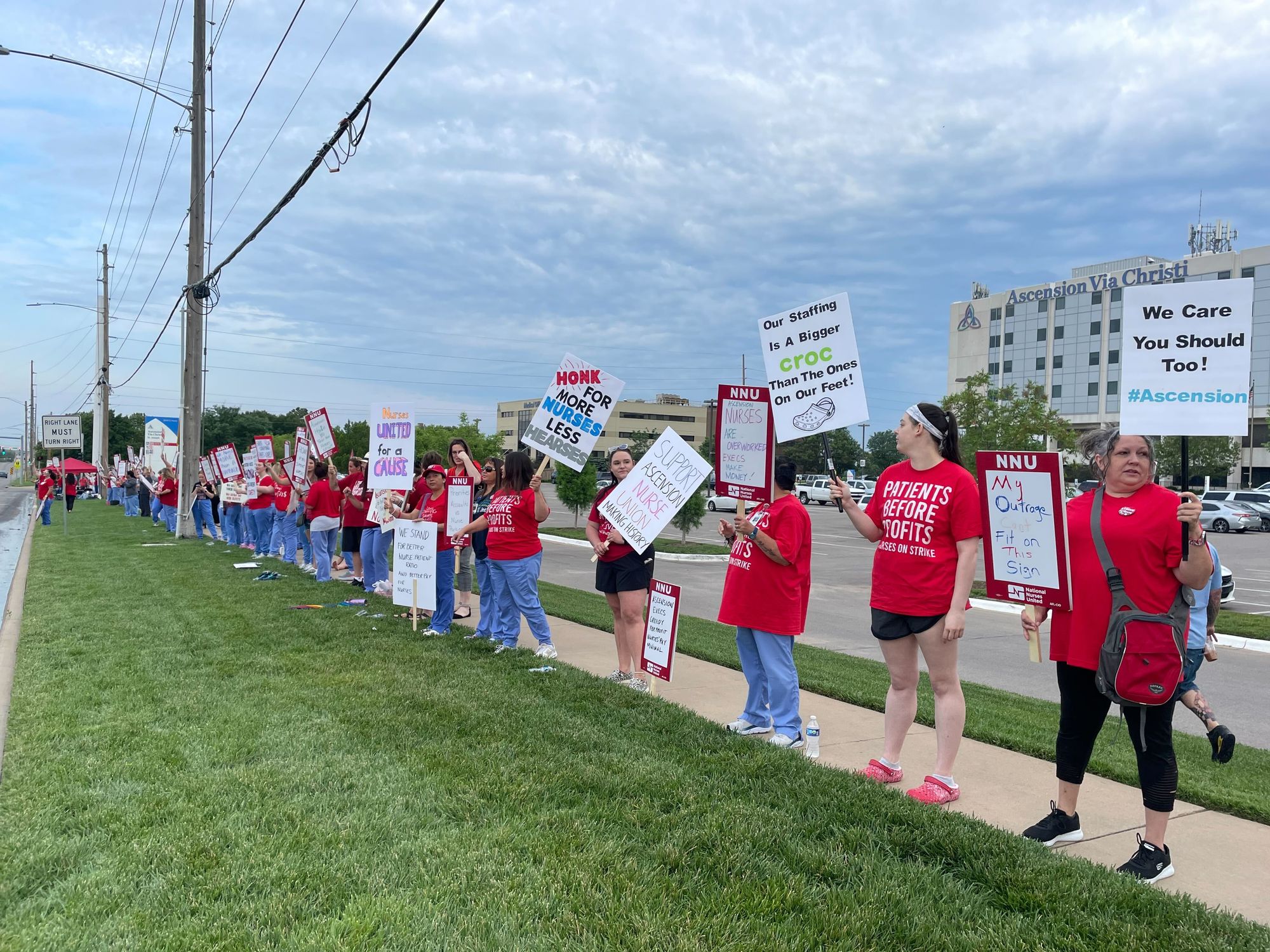
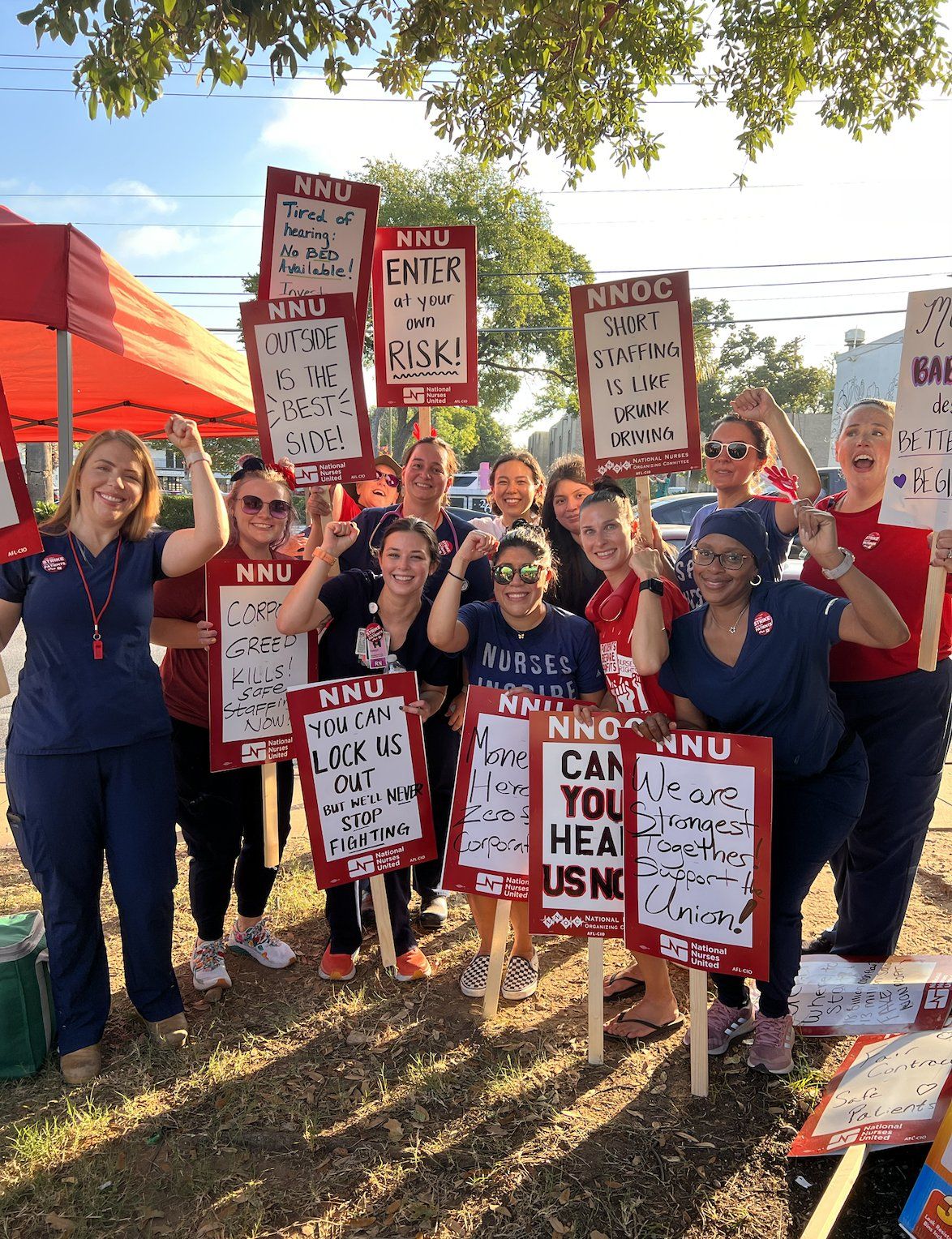
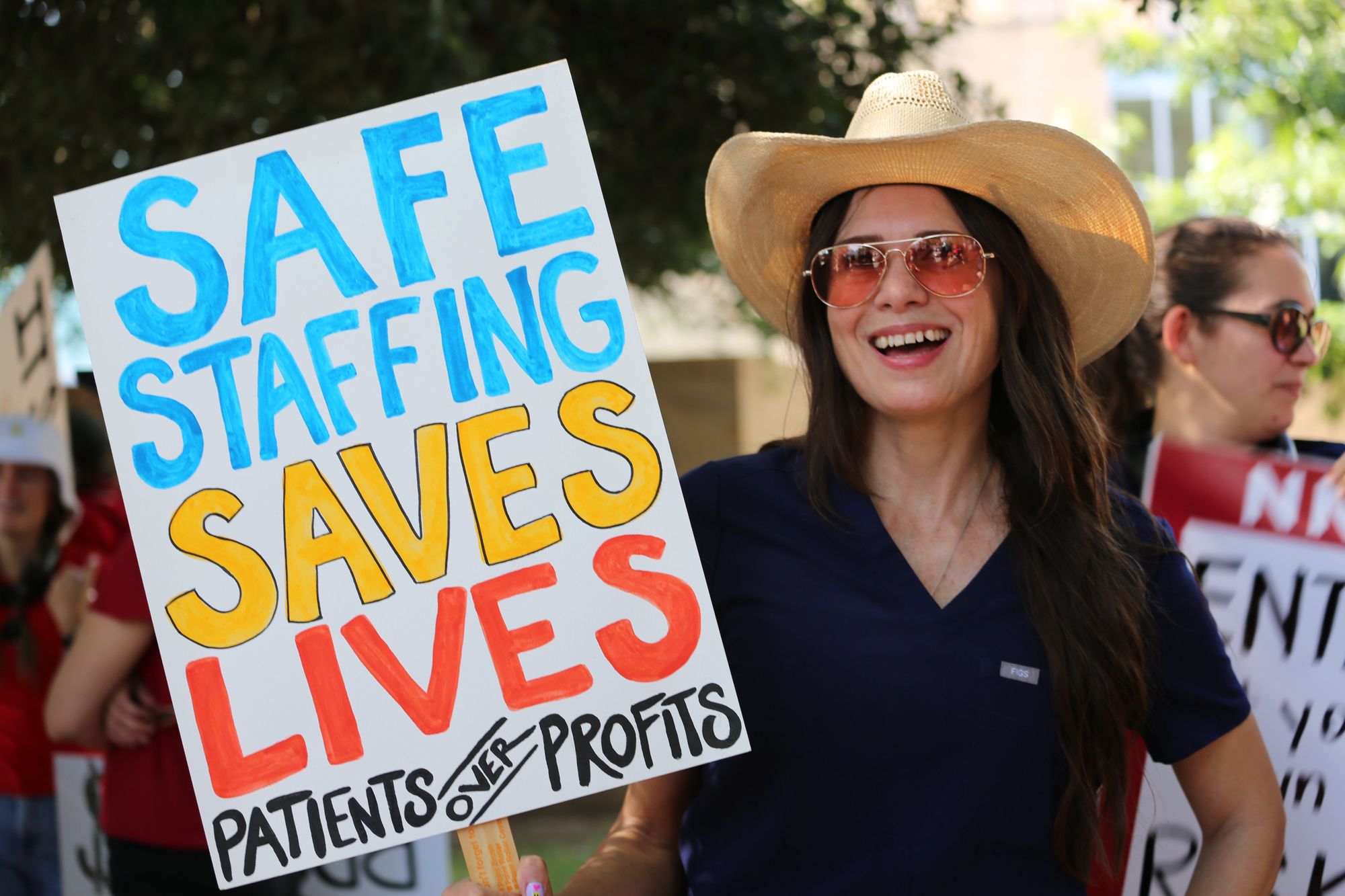
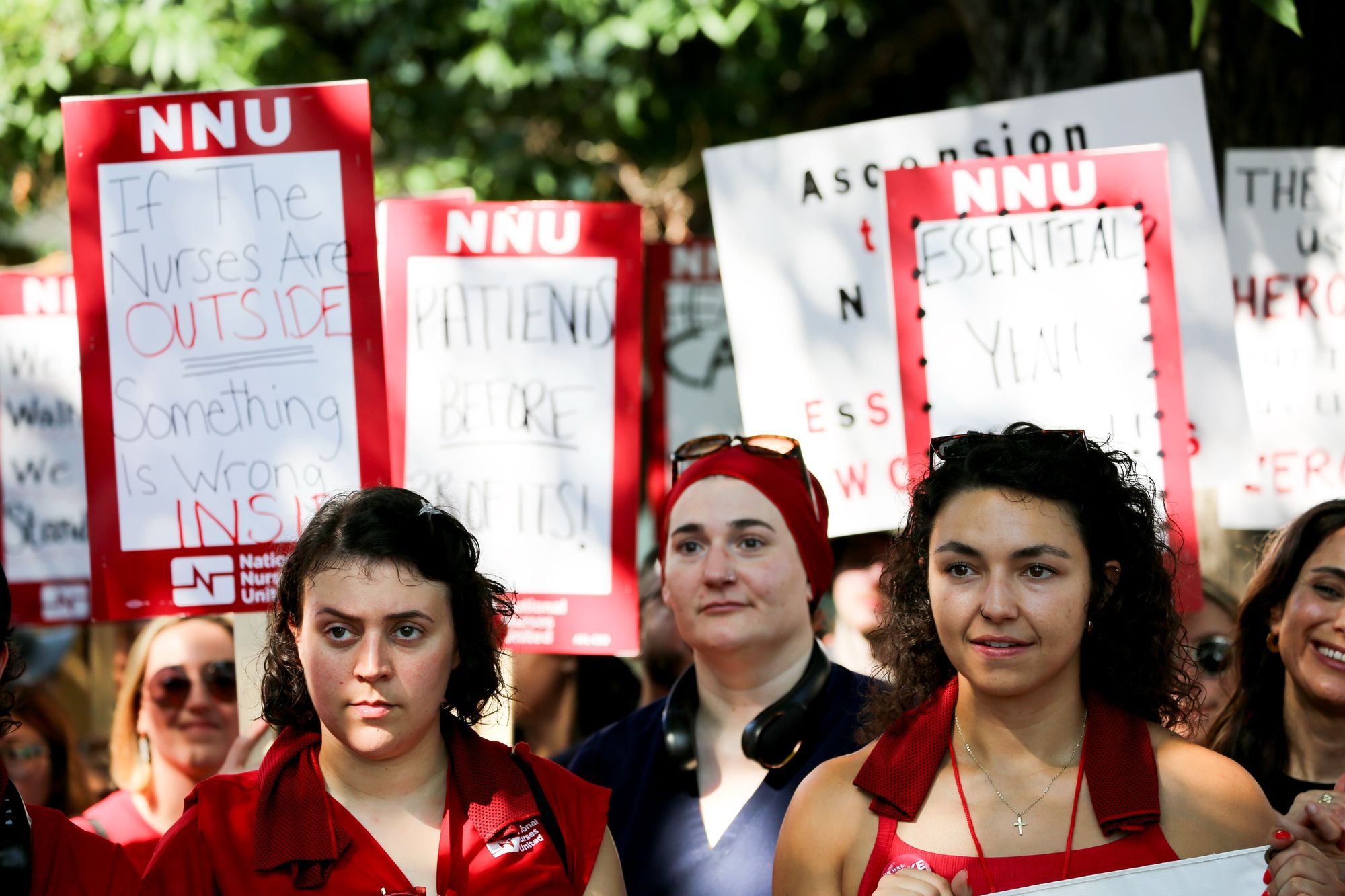
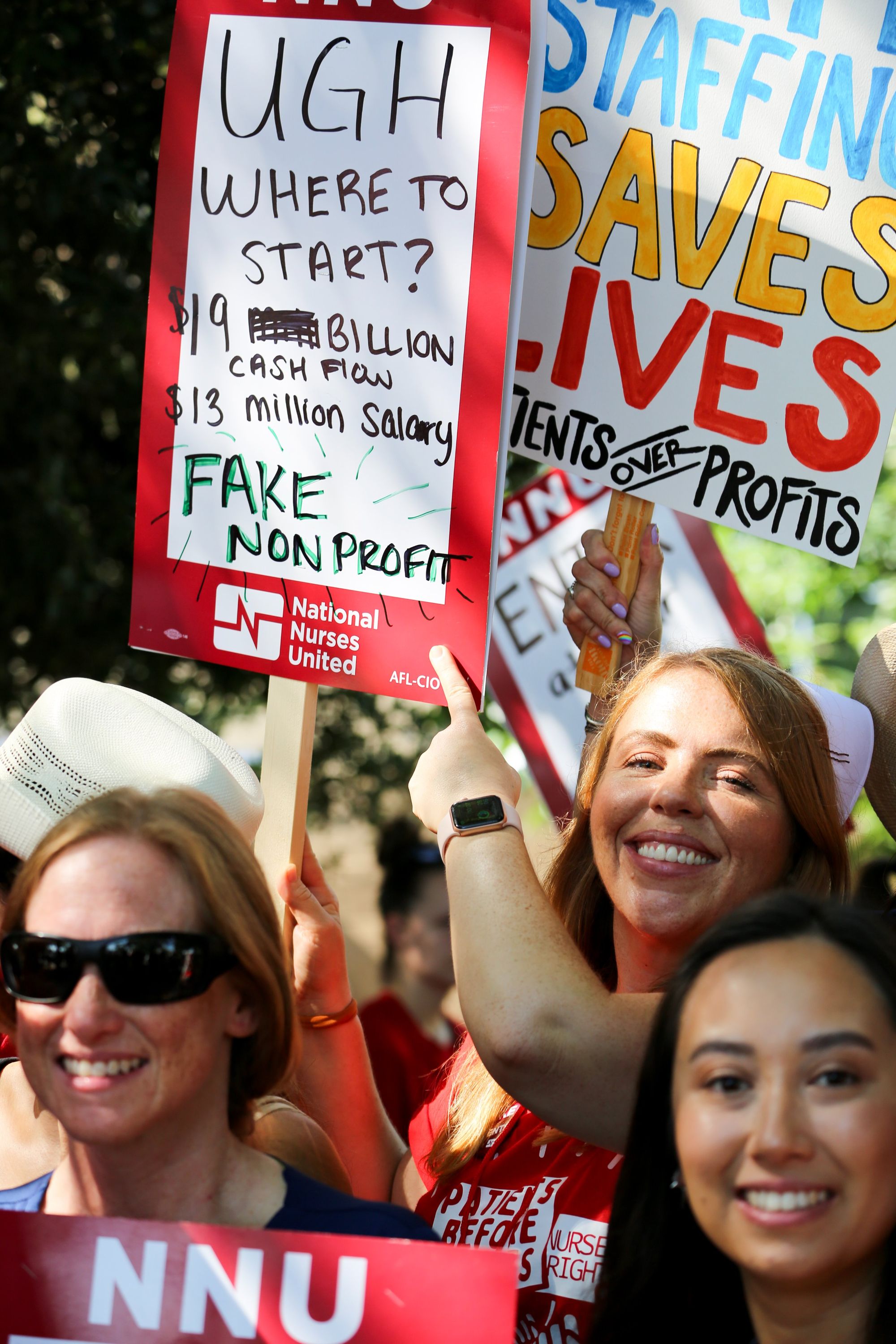
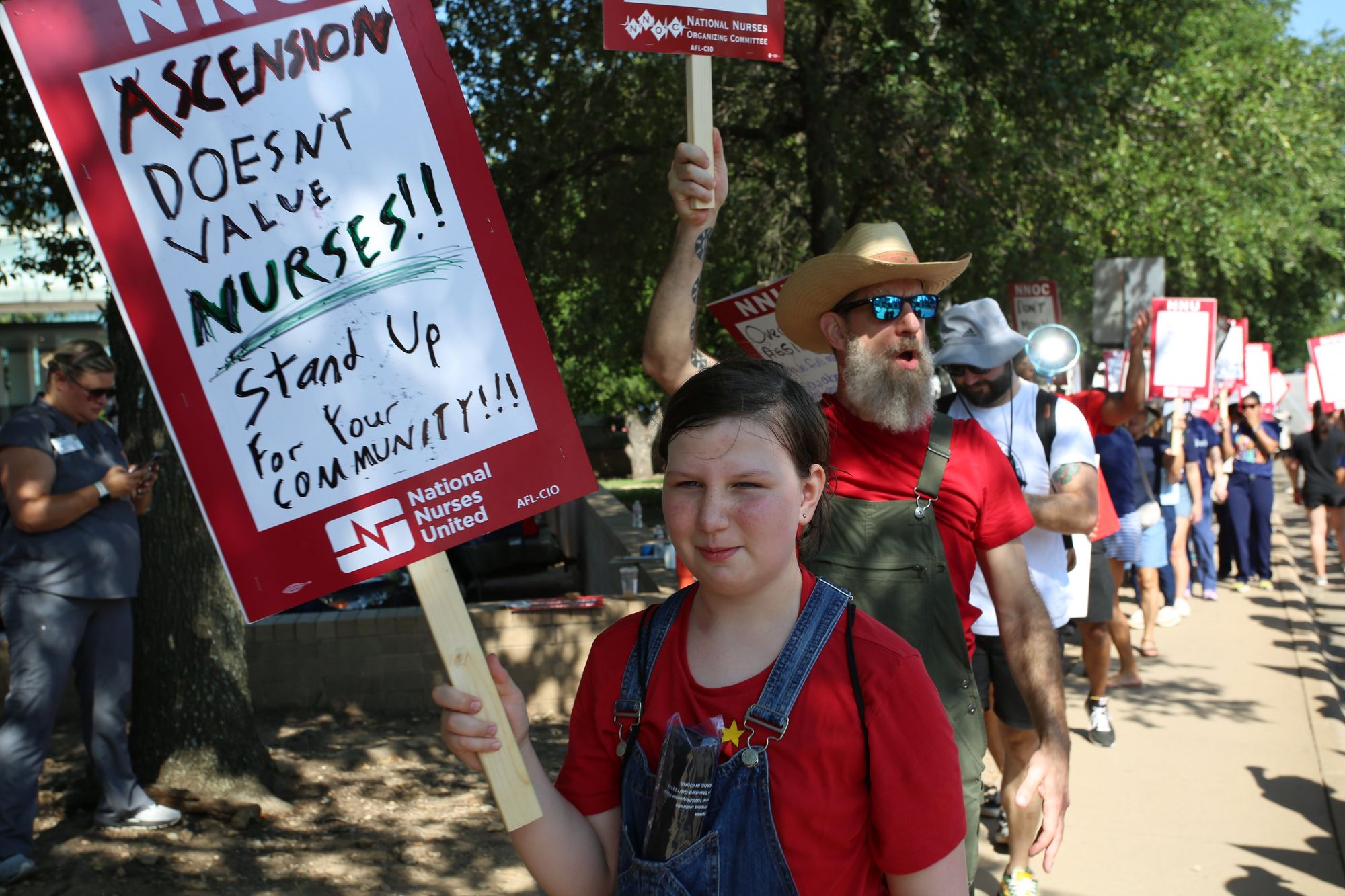
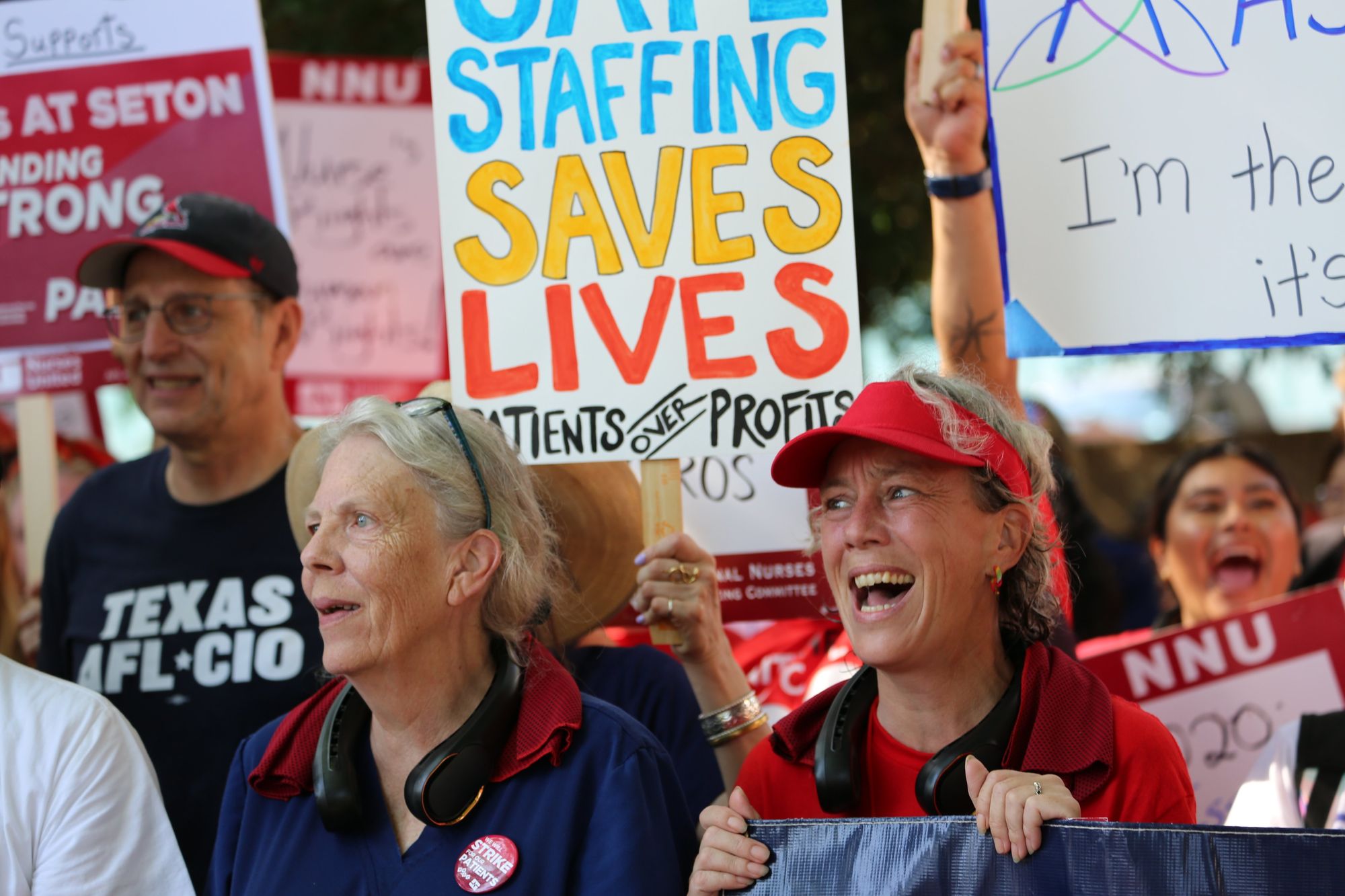
In case you missed it
/cloudfront-us-east-2.images.arcpublishing.com/reuters/X26GTFULMBPN7PBGFVH5DHRESE.jpg)









